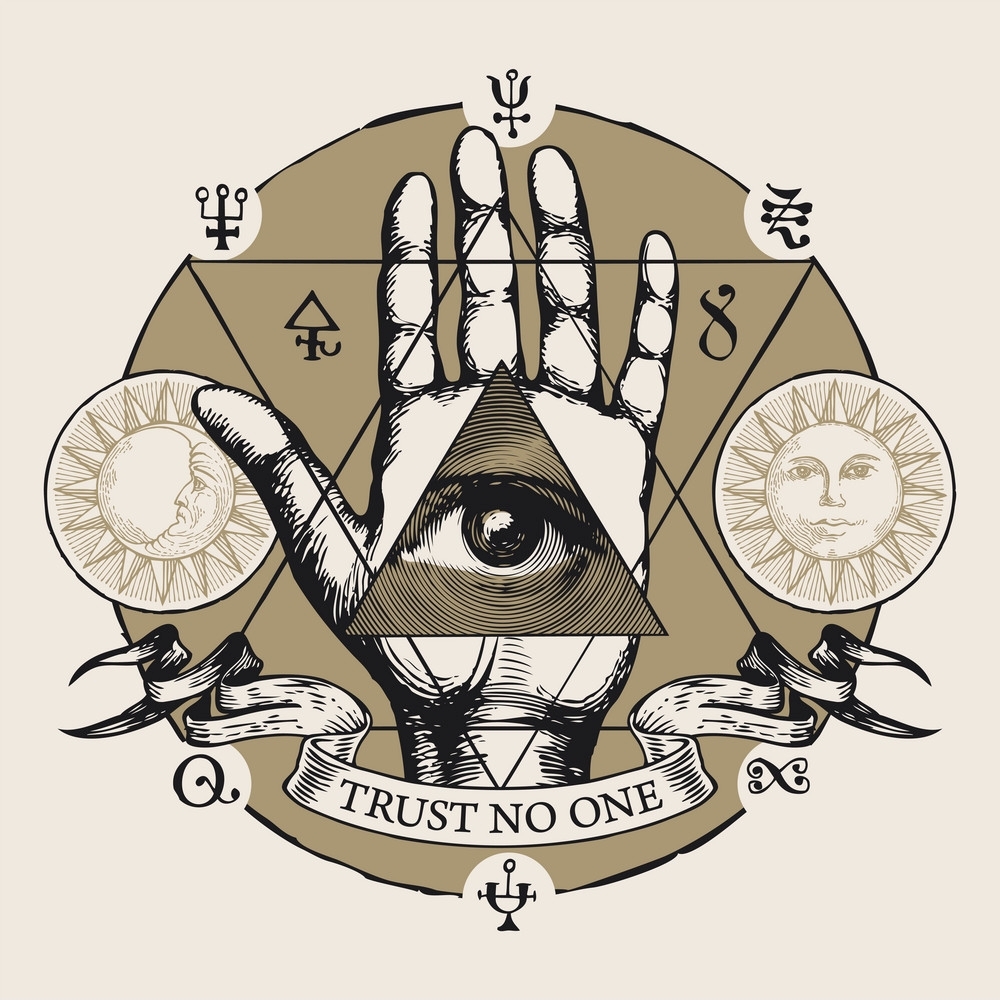Today is the anniversary of the consecration of the Mill Street Synagogue in New York City—the first synagogue in the American Colonies.
There were some 500 members that day, April 8, 1730, on what is now South William Street in the Financial District of Lower Manhattan.
Forty-six years later, in 1776, Gershom Mendes Seixas, then leader of the synagogue, prevailed on the New York Jewish community to move to Philadelphia when the British captured New York City, returning only after Colonial forces retook the city in 1783. Because of his support for the new country, he became known as the “patriot rabbi.”
Seixas was one of 14 clergymen honored with an invitation to participate in George Washington’s inauguration as President of the United States.
Gershom Mendes Seixas’ older brother, Moses Mendes Seixas, was president of the Touro Synagogue in Newport, Rhode Island, a sister synagogue to his brother’s in New York. In August 1790, with Washington’s visit to Newport on the horizon, Moses Seixas wrote a letter to the President on behalf of his congregation.
He expressed his belief in the new nation as “a Government, erected by the Majesty of the People… generously affording to all Liberty of conscience….” And he thanked Washington “for all the Blessings of civil and religious liberty which we enjoy under an equal benign administration.”
As did many of the actions and statements of the new president, Washington’s letter in response, “To the Hebrew Congregation in Newport,” established policy for the new country, setting a standard for religious freedom and tolerance.
He wrote, “For happily the Government of the United States, which gives to bigotry no sanction, to persecution no assistance requires only that they who live under its protection should demean themselves as good citizens, in giving it on all occasions their effectual support.” And he extended the promise that “every one shall sit in safety under his own vine and fig tree, and there shall be none to make him afraid.”
- In a 2019 Forbes article on the importance of Washington’s letter, columnist David Bahr related what Neil Rogachevsky of Yeshiva University thought about Washington’s letter. “By personally writing to the ‘children of the stock of Abraham’ and inviting them to take full part in the country even while remaining Jews, he set a precedent for religious freedom as an American practice as well as an American idea.” Bahr added, “Washington’s letter, like his decision to manumit his slaves upon his death (the only founding father to do so), was a symbolically charged act meant to set a precedent. Today, Americans are the heirs of the Seixas and Washington letter.”
_______________
From its beginnings, the Church of Scientology has recognized that freedom of religion is a fundamental human right. In a world where conflicts are often traceable to intolerance of others’ religious beliefs and practices, the Church has, for more than 50 years, made the preservation of religious liberty an overriding concern.
The Church publishes this blog to help create a better understanding of the freedom of religion and belief and provide news on religious freedom and issues affecting this freedom around the world.
The Founder of the Scientology religion is L. Ron Hubbard and Mr. David Miscavige is the religion’s ecclesiastical leader.
For more information visit the Scientology website or Scientology Network.
DOWNLOAD THE WHITEPAPER

